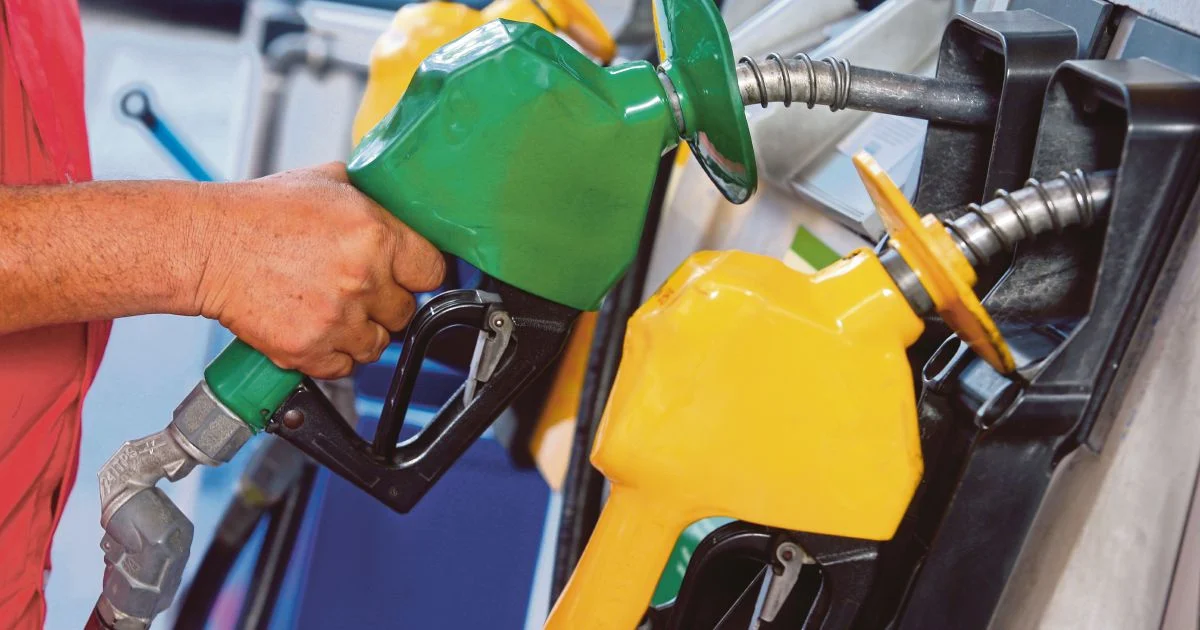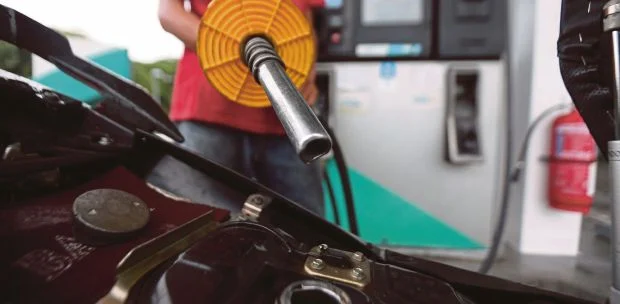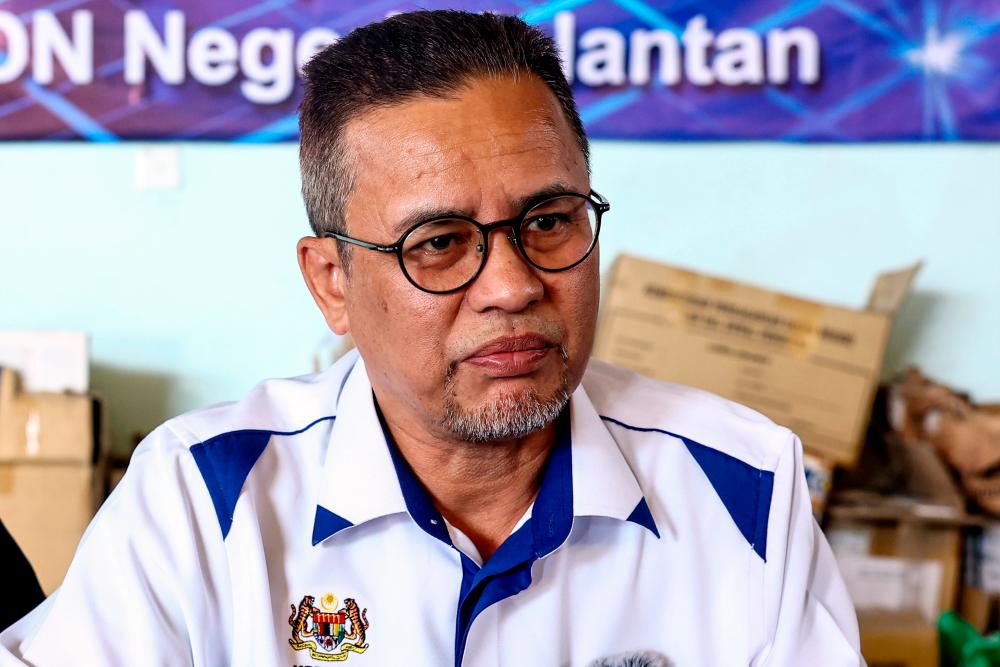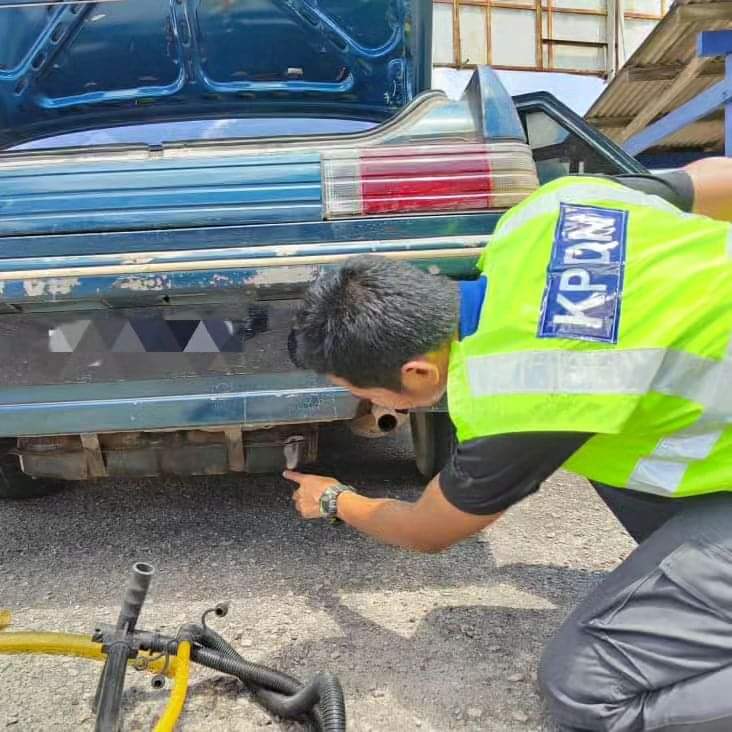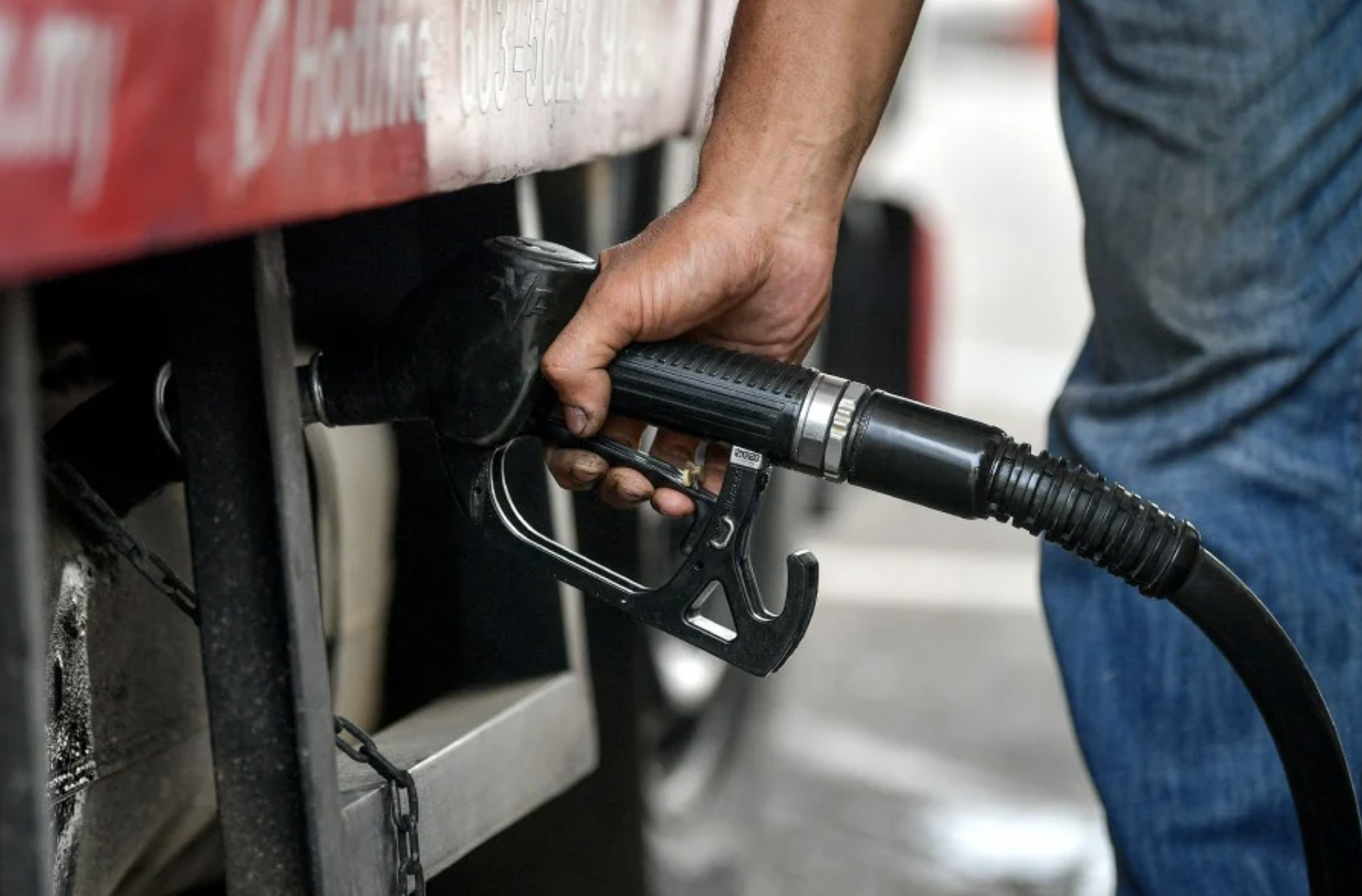"Diesel Seizures Down" — Kelantan KPDN Director Shares Positive Impact Of Targeted Subsidy
The director said that there's been a reduction of over 10 times in the number of seizures in Kelantan.
On 4 September, the Ministry of Finance announced a reduction in the retail price of diesel by 2 sen
The new price will be RM3.16 per litre in Peninsular Malaysia. Diesel prices in Sabah, Sarawak, and Labuan will remain unchanged at RM2.15 per litre.
Meanwhile, the prices for RON97 has also reduced by 2 sen to RM3.40 per litre, while RON95 petrol will stay steady at RM2.05 per litre. This adjustment reflects the government's ongoing efforts to manage fuel costs and curb misuse, while adjusting to the trends of global crude oil prices.
Earlier in June, the government implemented a targeted diesel subsidy mechanism, whereby the public and selected goods transportation would receive diesel subsidies through a 'fleet card'. This is part of an ongoing effort to curb diesel smuggling and reduce leakage of resources.
So far, the results have been promising, and the government expects RM4 billion in savings annually thanks to this policy
To put things in perspective, daily diesel sales averaged 28.6 million litres in June, but dropped to 22.2 million litres per day by July — a 23% reduction. This indicates that approximately 6.5 million litres of diesel were previously being misused or smuggled.
During the same time period, commercial diesel sales increased by 4.8 million litres per day. Without the blanket diesel subsidy, industries are no longer flocking to petrol stations to buy diesel. Instead, they are purchasing commercial diesel, as they should.
Furthermore, petrol stations near the northern border reported a 40% to 50% drop in diesel sales, indicating smuggling activities have been tempered. Within a month of implementing targeted diesel subsidies, the government estimated that RM250 million in diesel leakage has already been prevented.
On the ground, people like Azman Ismail, Kelantan director of the Domestic Trade and Cost of Living Ministry (KPDN), play a major role in preventing the leakage of Malaysia's resources
Azman shared how the targeted diesel subsidy has shown positive impacts, with a reduction of over 10 times in the number of diesel seizures in Kelantan.
Prior to this, he said an estimated 30 to 40 diesel seizure cases were reported within a month. But since the implementation of the targeted diesel subsidy from June to August, only three cases were recorded.
"KPDN is continuously enhancing enforcement at the borders to control diesel smuggling, including strict monitoring, static patrols at petrol stations, and running the three Immigration, Customs, Quarantine and Security (ICQS) Complexes, namely Rantau Panjang, Bukit Bunga, and Pengkalan Kubor.
"Additionally, we also conduct vehicle inspections and joint operations with other agencies such as the Royal Malaysian Customs Department (JKDM), Marine Police Force (PPM), Kelantan Contingent Police Headquarters (IPK), Malaysian Maritime Enforcement Agency (Maritim Malaysia), and General Operations Force (PGA)," said Azman.
Nevertheless, the work of curbing diesel smuggling comes with its fair share of risks, including physical attacks, threats to officers, and the changing tactics of smugglers
"KPDN officers and personnel often face high-risk incidents during operations, including life-threatening situations such as being hit by vehicles driven by smugglers.
"For instance, a recent incident occurred where an officer was provoked during an inspection at the border, clearly showing the high risk faced while performing their duties.
"In fact, some officers or personnel have received threats from smugglers, which is common, but safety must be prioritised in every operation," he said.
Azman also explained that besides smuggling diesel across the border, misappropriation can also occur when smugglers sell it to factories or logging companies in the forests.
Over the years, Malaysia has faced an increased leakage of resources, prompting the government to take action
From 2019 to 2023, subsidised diesel volumes increased from 6.1 billion litres to 10.8 billion litres, despite a modest increase (less than 3%) in diesel vehicles. It was clear that the subsidies were leaking and not reaching those who needed them most.
The cost of these subsidies surged from RM1.4 billion in 2019 to over RM14.3 billion in 2023. This substantial increase highlighted the urgent need for change.
In Kelantan alone, Azman said that KPDN seized 68,857 litres of diesel from January to August, totalling RM230,671
"KPDN will continue to monitor and enhance enforcement to ensure a reduction in diesel smuggling and prevent a resurgence as before the implementation of the targeted diesel subsidy," he said.
